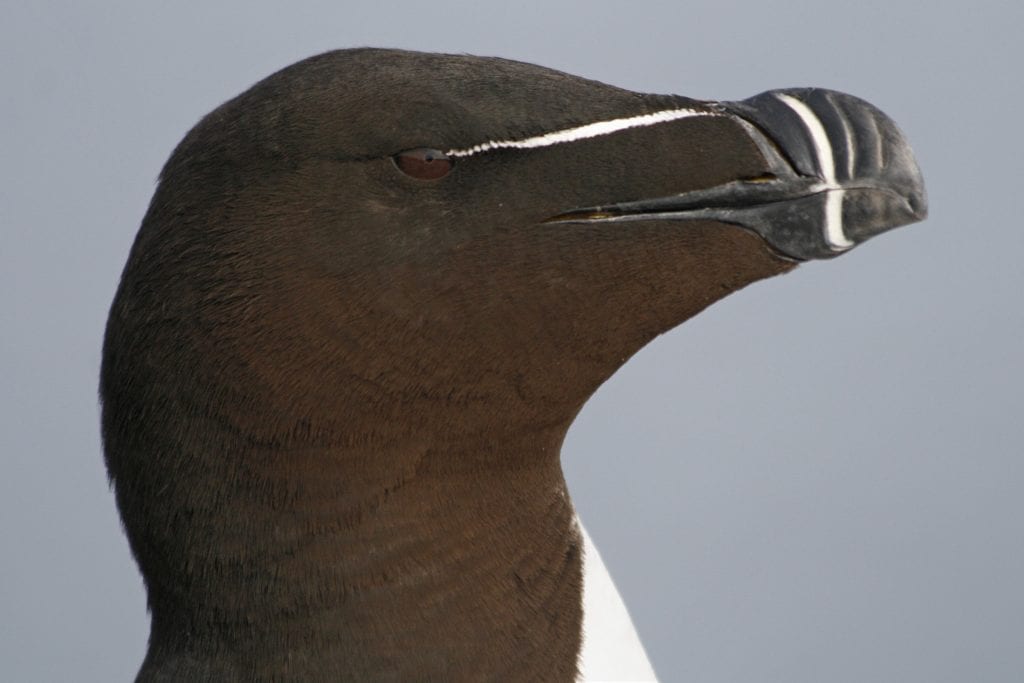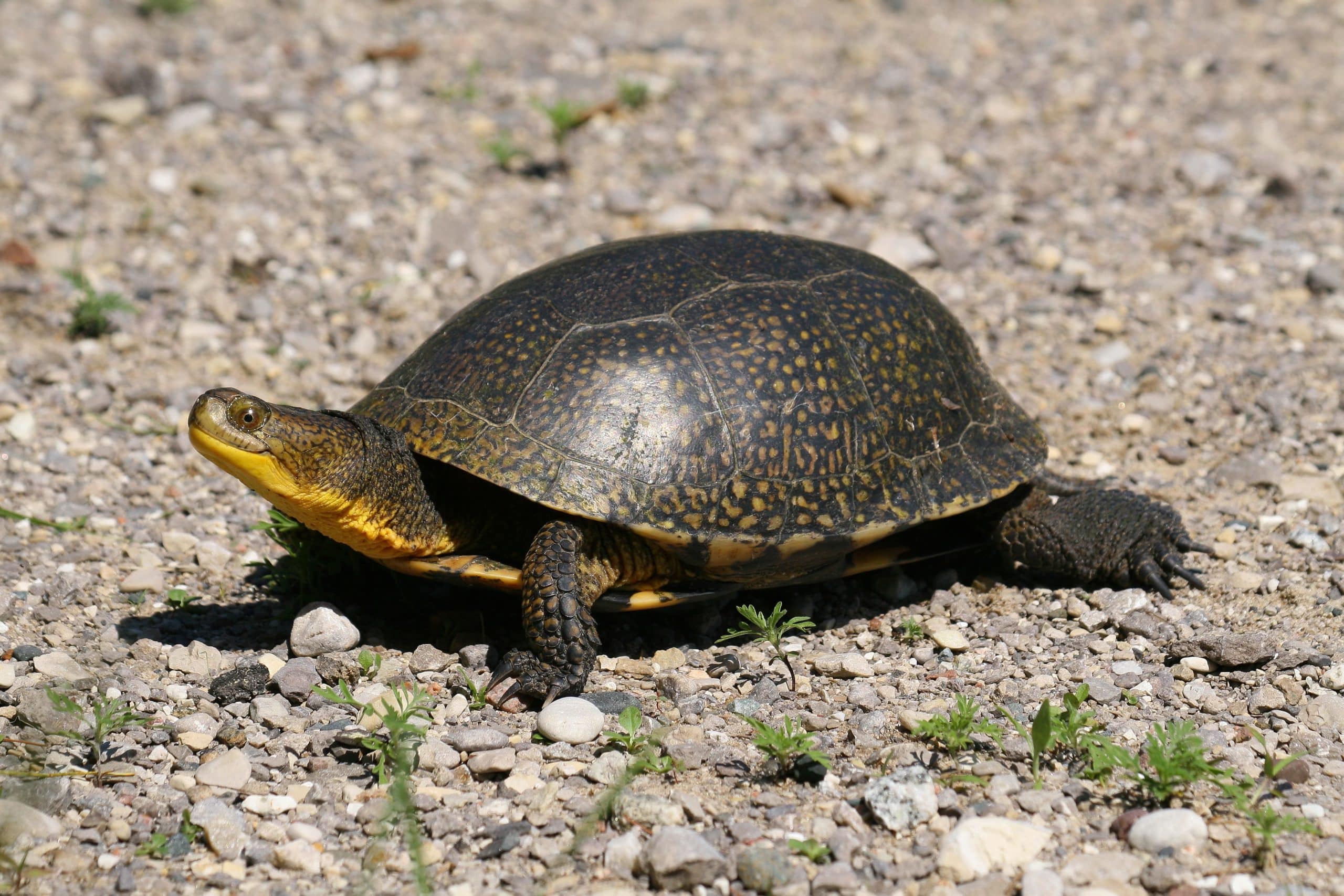
In 1973, President Nixon signed the Endangered Species Act (ESA), establishing landmark legislation to protect the most vulnerable wildlife populations across the country. Two years later, the state of Maine passed its own Endangered Species Act to provide complementary protection and ensure the conservation of species in danger of going extinct within the state. Together, these laws have been among our most successful environmental laws ever written.
The Maine Endangered Species Act, or MESA, has been instrumental in ensuring that populations of listed species remain viable. Currently, 26 inland fish and wildlife species are listed as endangered under MESA, and another 25 are listed as threatened. Endangered and threatened marine species are protected under a separate act, the Maine Marine Endangered Species Act.
MESA provides protections for a wide variety of imperiled species, from mammals, birds, and fish to reptiles, amphibians, and invertebrates. Some species, like the Golden Eagle and Harlequin Duck, are found in other states but are rare in Maine, while others, like the Katahdin Arctic butterfly, live nowhere else in the world.

In addition to providing state-specific protections, the benefit of a state Endangered Species Act is that it can pick up slack when federal rules are under threat. MESA works in concert with both the federal Endangered Species Act and the federal Migratory Bird Treaty Act — but both of those important laws are currently at risk. The federal Department of the Interior (DOI) said it would no longer enforce critical aspects of the Migratory Bird Treaty Act, and the Trump administration has proposed rules that would significantly weaken the federal ESA.
It’s more important than ever that MESA is strong and effective to ensure the protection of Maine’s most vulnerable wildlife. This could be especially meaningful for species like the piping plover – a species Maine Audubon monitors and helps every breeding season – which is federally threatened and state endangered. Currently the US Fish and Wildlife Service usually takes the lead on investigating crimes related to harassing or killing plovers, but if the federal law is weakened or undermined, we will be depending more on our state wardens to play a lead role. And they will need better tools to be able to do just that.

To ensure that MESA continues to be effective, Maine Audubon supports a bill currently before the Maine Legislature that would empower Maine Game Wardens to better enforce the law. LD 713, An Act to Strengthen Maine’s Endangered Species Laws, would remove language in MESA that requires wardens to issue simple warnings to first-time violators of the law, even if someone intentionally harms a threatened or endangered species. The new language would give wardens more flexibility over whether to issue a warning or a citation for a violation.
LD 713 also establishes stiffer penalties for violators, putting the public on notice to the seriousness with which Maine takes protecting threatened and endangered wildlife species. Intentional, prohibited acts against endangered or threatened species could now be punishable by up to 5 years incarceration and a $5,000 fine, bringing MESA in line with penalties assessed under other state endangered species laws.
There will be a public hearing on LD 713 next Wednesday, February 27. Maine Audubon is excited to testify in support of this bill. We hope you will join us to help ensure the Maine Endangered Species Act will protect our threatened and endangered wildlife for years to come.
Public hearing information:
Wednesday, February 27, 2019 at 9:00 AM
Cross Building (across from state capitol) Rm. 206
Augusta, Maine.
Click here for directions.
